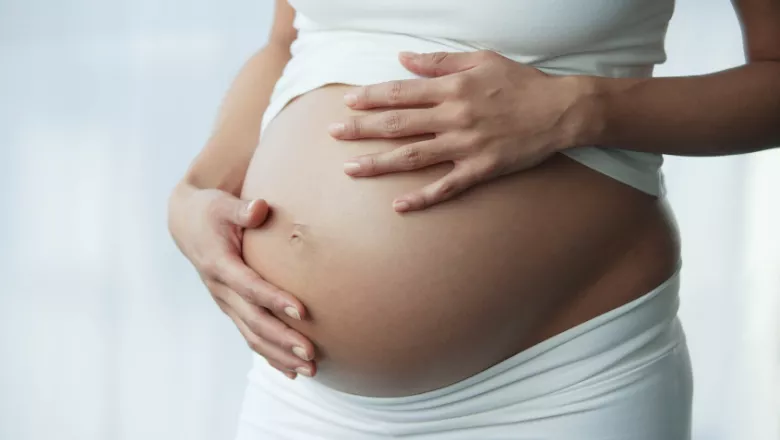13 April 2021
Planned caesarean births less likely in first lockdown
Pregnant women, non-binary people and trans men were less likely to have gone ahead with planned caesarean births during the first lockdown.

The research showed that 14% of parents surveyed who had a scheduled caesarean altered this plan because of the pandemic, either because they changed their minds or the hospital cancelled the procedure. Many favoured home births where their partner could be with them.
Dr Mari Greenfield, from the School of Life Course Sciences, surveyed 1,754 new and expectant parents in the UK in April 2020, during the early weeks of the first lockdown.
Dr Greenfield told the British Sociological Association’s online annual conference that of the 134 who had a caesarean birth arranged with a hospital, 8 (6%) had been cancelled by the NHS Trust, and 11 (8%) by the parents.
A further five had requested a caesarean birth, but had been refused, and 13 (9%) were expecting their caesarean birth to be cancelled.
Some parents reported being told that the cancellations were due to staffing levels, and others said they changed their minds about having a planned caesarean because their partner would not be allowed to support them in hospital during the lockdown. They were also concerned about caring for a newborn alone immediately after surgery in hospitals with staff shortages.
They wished to change to a vaginal birth in hospital or a midwife-led unit, where they could go home immediately after the birth, or to have a home birth.
One woman told Dr Greenfield: “Although it is safer for me to have a c-section it made me reconsider this as I would not have support following the surgery and would definitely have to stay in hospital for at least 24 hours after the birth.”
The research also found that 72 of the 1,754 people were seriously considering a ‘freebirth’ at home without a midwife present because NHS Trusts had withdrawn other options, such as midwife-attended homebirths and planned caesarean births, or closed Birth Centres.
In some cases the parents considered freebirth because they feared infection from hospitals or medical professionals, or because they were anxious that they would not be allowed to have their partners with them. Lesbian and bisexual women were more likely to plan a freebirth than heterosexual women.
- Almost all those who gave birth or who were about to were self-described as women, though several said they were non-binary people or trans men.

